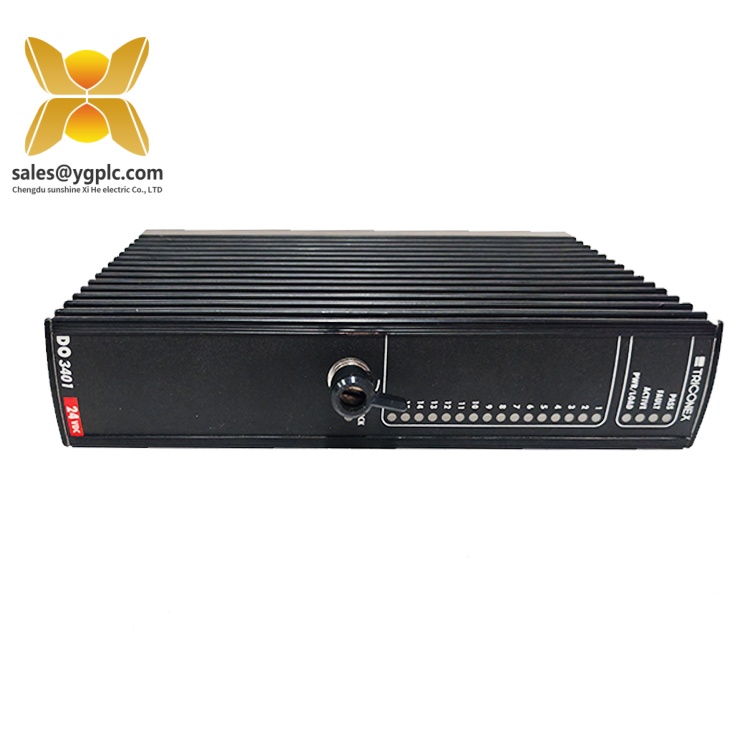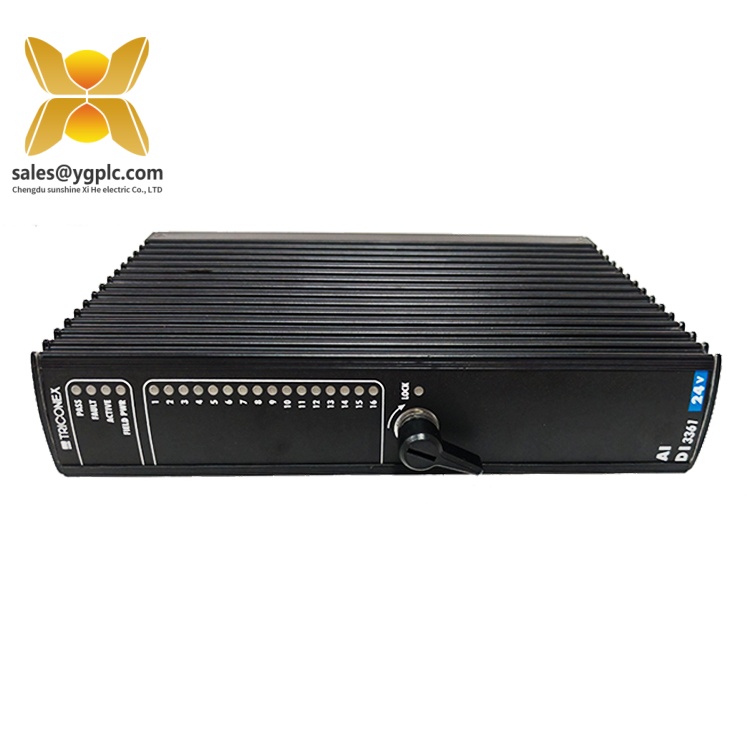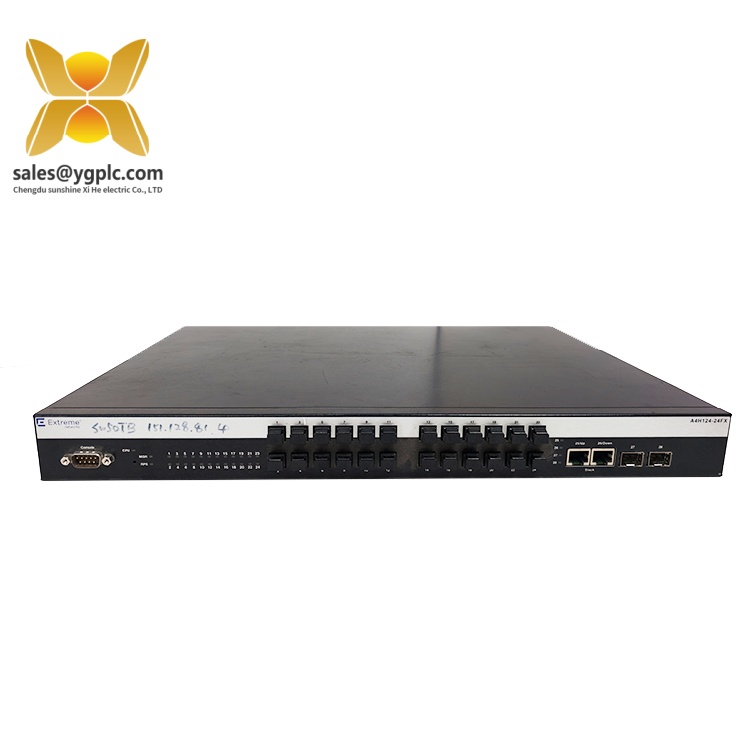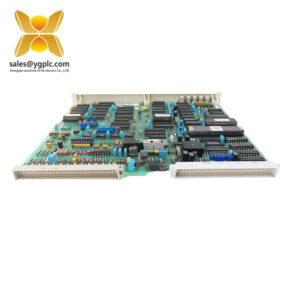Description
Bently Nevada 3500/42M Proximitor/Seismic Monitor – 4‑Channel Machine Protection for Critical Rotating Assets
The Bently Nevada 3500/42M is a 4‑channel Proximitor/Seismic monitor designed for continuous machine protection and condition monitoring. It typically accepts eddy‑current proximity probes, velocity transducers, and accelerometers—making it a practical choice for compressors, steam/gas turbines, large pumps, and generators. From my experience, it fits nicely when you need API‑670 style protection with flexible sensor options and clean buffered signals for diagnostics.
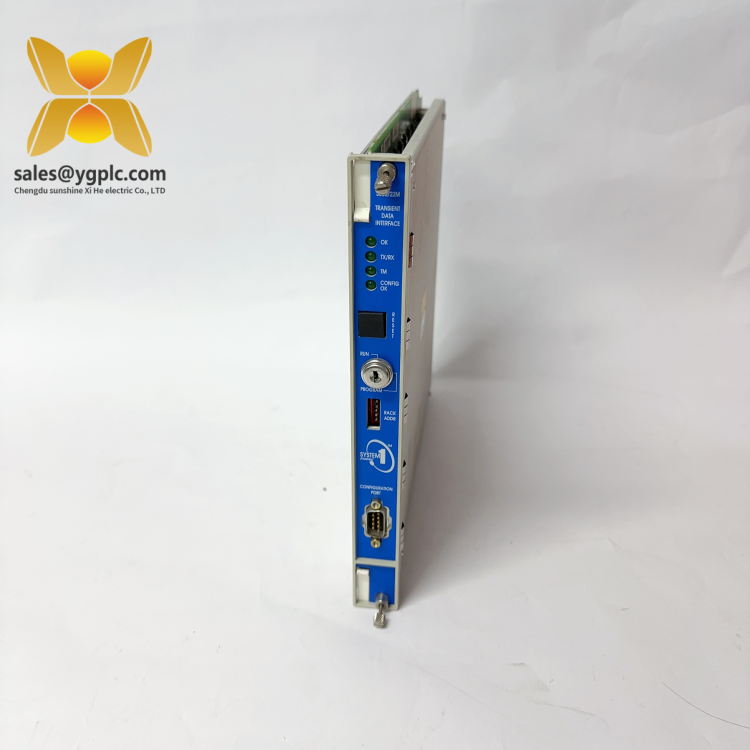
Key Features
- 4 channels, dual-purpose inputs – Configurable per channel for proximitor (eddy‑current), velocity, or acceleration signals.
- Machine protection grade – Designed to support API‑670 style alarming, with OK status, Alert, and Danger logic in the 3500 rack.
- Buffered dynamic outputs – Front‑panel BNC and rear‑terminal buffered outputs for each channel to speed up diagnostics and balancing work.
- Flexible measurements – Typical configurations cover radial vibration, axial/thrust position, and casing vibration, with selectable filters and measurements (e.g., RMS, Peak‑to‑Peak, Gap).
- Seamless system integration – Communicates through the 3500 backplane for trending and waveform capture via the 3500/22M TDI.
- Sensor compatibility – Works with standard Bently Nevada Proximitor probes, Velomitor velocity transducers, and most IEPE accelerometers used in the 3500 ecosystem.
- Protection first – Independent channel configuration helps isolate critical bearings or axial position with tailored alarm thresholds.
- Maintenance-friendly design – Separate rear I/O module means field replacement typically doesn’t require cable retermination.
Technical Specifications
| Brand / Model | Bently Nevada 3500/42M Proximitor/Seismic Monitor |
| Power Requirements | Powered via 3500 rack backplane; no external power to the module |
| Signal Inputs | 4 channels; proximity probes (Proximitor), velocity (Velomitor), and IEPE accelerometers (per channel configuration) |
| Signal Outputs | Buffered dynamic signal per channel via front BNC and rear terminals; OK/Alert/Danger status to rack |
| Communication Interfaces | Backplane interface to 3500/22M TDI for configuration, trending, and waveform capture; diagnostics via rack display/software |
| Installation Method | Front monitor card + matching rear I/O module; fits standard 3500 rack monitor slot |
| Dimensions & Weight | Standard 3500 series module form factor (front card with rear I/O); consult rack datasheet for specifics |
| Operating Temperature | Per 3500 rack environmental ratings; typically used in conditioned control cabinets |
Application Fields
You’ll see the 3500/42M most often on large rotating equipment where downtime really hurts. Typical deployments include:
- Gas and steam turbines (radial vibration and axial position monitoring)
- Centrifugal and reciprocating compressors (bearing vibration and casing seismic)
- Critical pumps and fans (protection alarms with buffered outputs for route-based analysis)
- Generators and motors (casing vibration, proximity monitoring where accessible)
- Gearboxes and expanders in chemical and refinery units
Advantages & Value
- Reliability – Proven Bently Nevada 3500 architecture; in many cases it’s the go‑to for API‑670 style protection.
- Compatibility – Works with the mainstream BN sensors already on most machines, which typically reduces retrofit costs.
- Lower lifecycle cost – Buffered outputs and consistent configuration save troubleshooting hours and contractor callouts.
- Scalability – Add channels alongside Keyphasor and other 3500 modules as the monitoring scope grows.
- Service support – Widely supported by field engineers; spare parts and documentation are straightforward to obtain.
A quick note from a maintenance lead we worked with: “We swapped in a 3500/42M during a short outage—kept the existing probes, ran a verification with buffered BNCs, and trending was back in minutes.” That seems to be a common experience when upgrading within the 3500 family.
Installation & Maintenance
- Panel/cabinet – Install in a clean, ventilated control cabinet with the 3500 rack. Maintain clearance for airflow and service access.
- Wiring – Use shielded, grounded cabling for sensor runs; observe probe gap calibration and polarity for velocity/accelerometers.
- Grounding – Bond shields at the rack end; avoid ground loops—this typically improves low‑level signal fidelity.
- Commissioning – Verify OK, Alert, and Danger settings per machine limits; validate buffered outputs and check alarm latching logic.
- Routine checks – Periodically review alarm trends, clean BNC/terminal contacts, and confirm firmware compatibility with the rack/TDI software.
- Spare strategy – Keeping a spare 3500/42M and matching I/O module on hand often shortens turnaround during unplanned outages.
Quality & Certifications
- CE and UL/cUL compliance for the 3500 series (market dependent)
- RoHS conformity for electronic assemblies in most regions
- Manufactured under ISO 9001 quality systems
- Standard manufacturer warranty (often 1 year); extended service programs available in many cases
Certifications and environmental ratings can vary by option code and region. If you’re matching an existing rack, share the option string and we’ll confirm compatibility before shipment.
 中文版
中文版
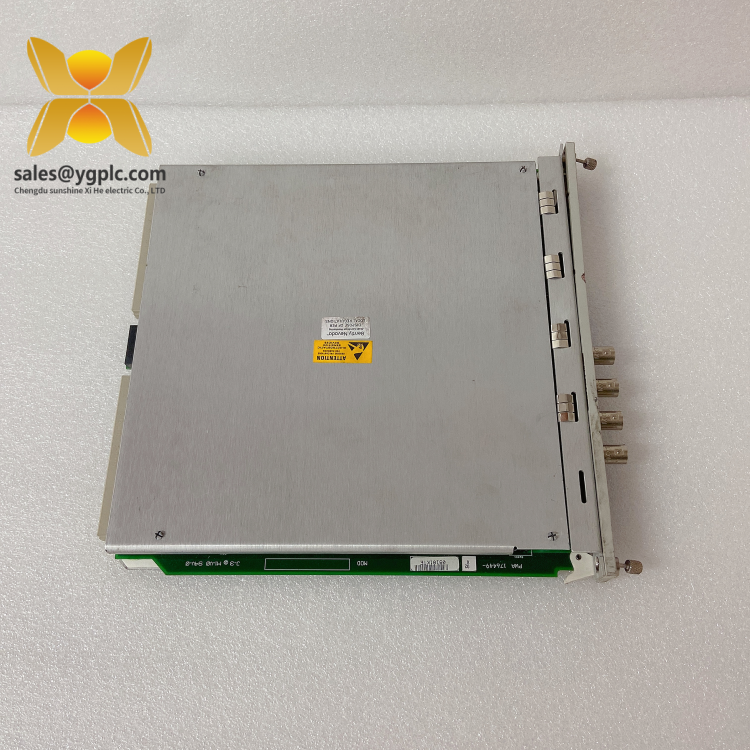
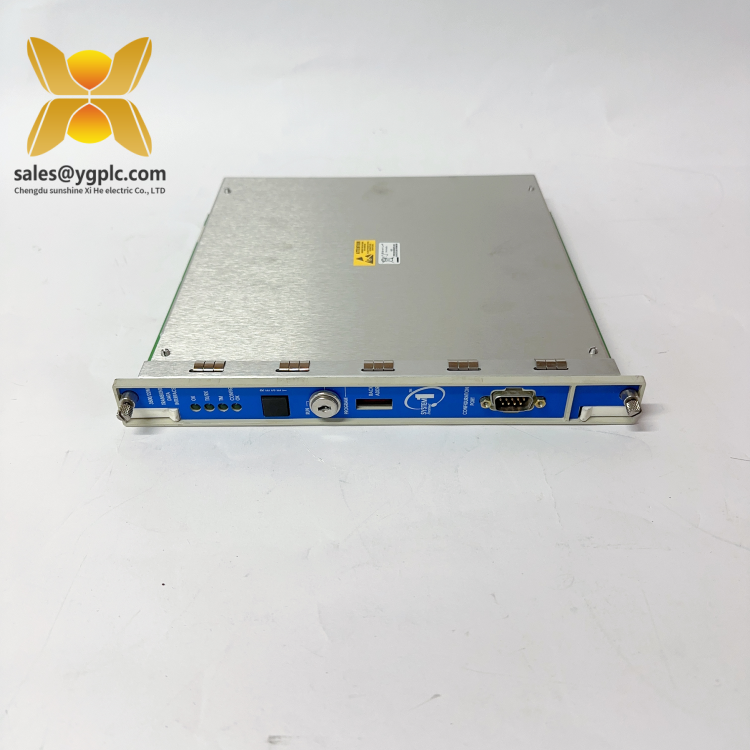

 Phone:
Phone:  Email:
Email:  WhatsApp:
WhatsApp: 